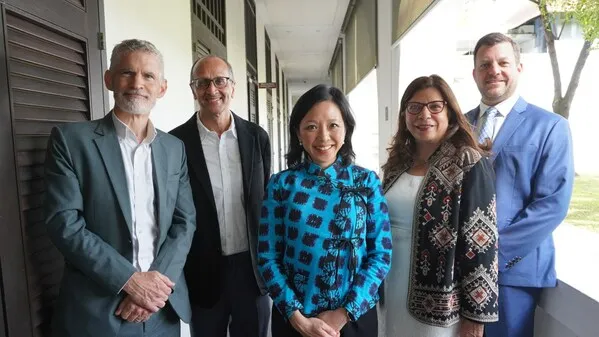
NUS institute partners with Rockefeller Foundation to boost SEA energy shift
The foundation awarded the NUS Institute $370,000 to start a climate policy fellowship.
The National University of Singapore's Lee Kuan Yew School of Public Policy's Institute for Environment and Sustainability (IES) partnered with The Rockefeller Foundation to accelerate Southeast Asia's (SEA) energy transition efforts.
IES received a $370,000 (US$275,000) grant from The Rockefeller Foundation to start a climate policy fellowship and lead dialogues to boost regional energy connectivity in Southeast Asia over the next two years.
The collaboration will strengthen the capacity to deliver renewable energy from one country to neighbouring countries' high-demand areas, supporting SEA’s energy transition and development goals.
The grant also backs the increasing focus on climate policy discourse in and for the Global South, and The Rockefeller Foundation's five-year billion-dollar climate strategy to promote the global climate transition.
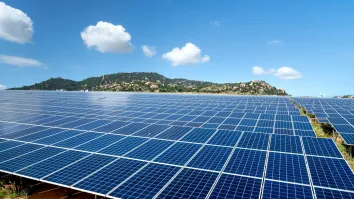
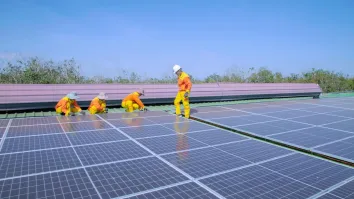
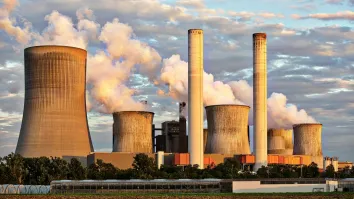
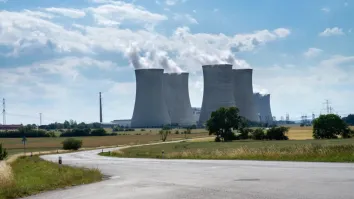













 Advertise
Advertise






